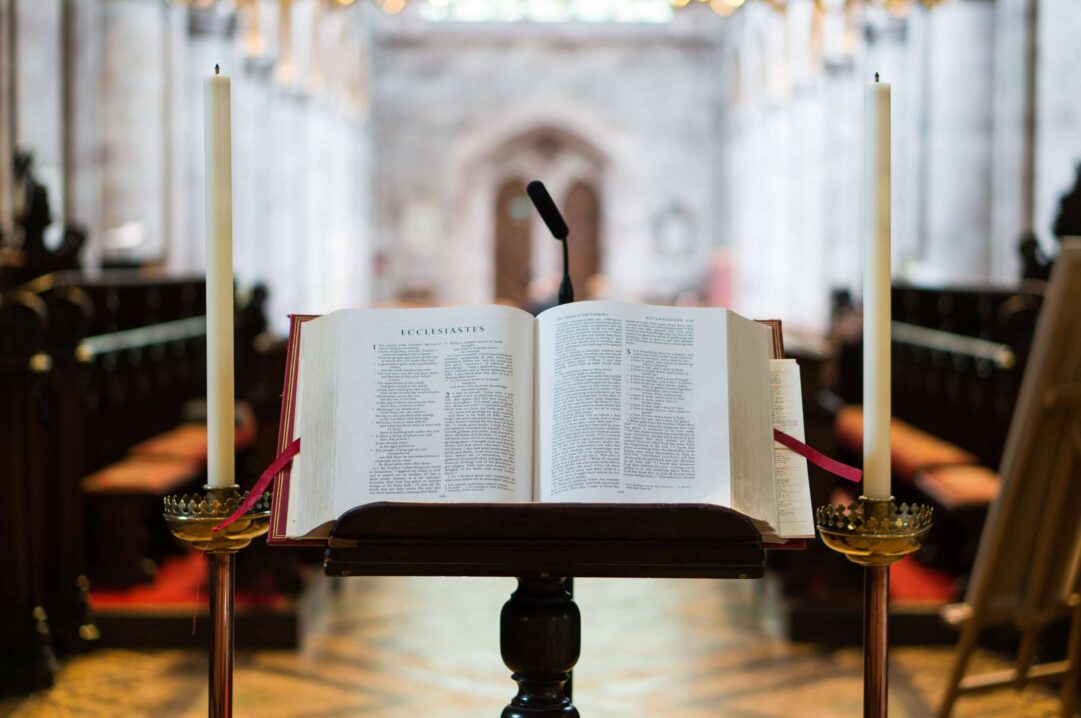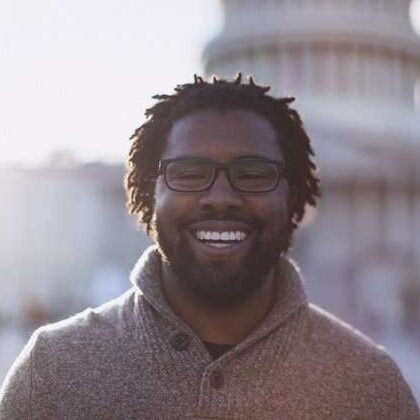Many take Valentine’s Day as an opportunity to appreciate love, however they may define it. Yet it’s as good a time as any to appreciate the love of God had by a man born on Valentine’s Day. His name is Richard Allen.
Allen was born a slave on February 14, 1760 in Philadelphia. Philly would not only be his home, but it would also be home to the first African Methodist Episcopal church, which Allen opened in 1794. Allen is best known for founding the African Methodist Episcopal Church, the first independent black denomination in the United States.
While a wonderful achievement, let us not wonder without lament. Allen founded this denomination not primarily out of desire but necessity. He founded it because white parishioners, who claimed to love the same Jesus he did, would not give him—or those who were his color—full access to the church.
In his book The Color of Compromise, Jemar Tisby illustrates this restriction in an account that touches upon segregated seating and prayer. He writes about Allen and Absalom Jones, who entered St. George, an interracial Methodist church in Philadelphia in which Allen regularly preached. Tisby continues:
“Unknowingly, [Allen and Jones] took seats reserved for white parishioners and thus violated the segregated seating arrangements. They knelt to pray but one of the church’s white trustees soon interrupted them. Allen recounts the episode in his autobiography:
We had not been long upon our knees before I heard considerable scuffling and low talking. I raised my head up and saw one of the trustees, H—M—, having hold of the Rev. Absalom Jones, pulling him up off of his knees, and saying, ‘You must get up—you must knot kneel here.’ Mr. Jones replied, ‘wait until prayer is over.’ Mr. H—M— said, ‘no, you must get up now, or I will call for aid and I will force you away.’ Mr. Jones said, ‘wait until prayer is over, and I will get up and trouble you no more.’
After prayer, “Allen recalled, ‘We all went out of the church in a body, and they were no more plagued with us in the church.’” And so Tisby concludes, “There would be no black church without racism in the white church” (Tisby, Color of Compromise, 52-54).
Listen to our interview with Jermar Tisby here.
I remember once speaking of work I did with an organization that sought to help black churches, and a white pastor laughed at me, scorning and doubting the existence of the black church, implying there should be none. Theologically, I may have agreed with his final conclusion, but experientially, that is, the experience of living in a fallen world in which racism is not yet dead, I shook my head. This pastor had no idea why there was a black church in the first place, and a callous, harmful ignorance was the result.
To be clear, there is a black church because too many white parishioners have treated too many black parishioners as second class, despite the fact that all Christians are first-class citizens of the kingdom.
There is a black church because white parishioners would not share their seats, despite the claim that they shared the same Savior with their black brethren.
This exclusion was not due to any sin, as the Bible expects some kind of exclusion for certain sins (see 1 Corinthians 5). No, as James Baldwin would later write of blacks in a segregated society, color was these brothers and sisters only crime (Baldwin, Nobody Knows My Name, 60).
And yet out of the racial prisons society cast them in, faithful black Christians—Christians like Allen—cried out to God. One of his prayers is recorded in James Washington’s Conversations with God: Two Centuries of Prayers by African Americans. Allen prayed:
O, my God! In all my dangers, temporal and spiritual, I will hope in thee who are Almighty power, therefore able to relieve me; who are infinite goodness, and therefore ready and willing to assist me…What, though I mourn and am afflicted here, and sigh under the miseries of this world for a time, I am sure that my tears shall one day be turned into joy, and that joy none shall take from me (Page 10).
May we imitate Allen, who imitated Christ, as he cried out to God in the midst of injustice. May we stand for what’s right like them. May we love God like them.
Two hundred and sixty years ago, Richard Allen was born today.
May we remember him—and pray.
Prayer Requests:
- Pray that Christians would seek an accurate understanding of history so that they can better love their brothers and sisters from different backgrounds.
- Pray that God would give his children wisdom about present divisions that persist because of past sin.
- Pray for black churches to continue lifting their gaze to God in a world marred by racism.












